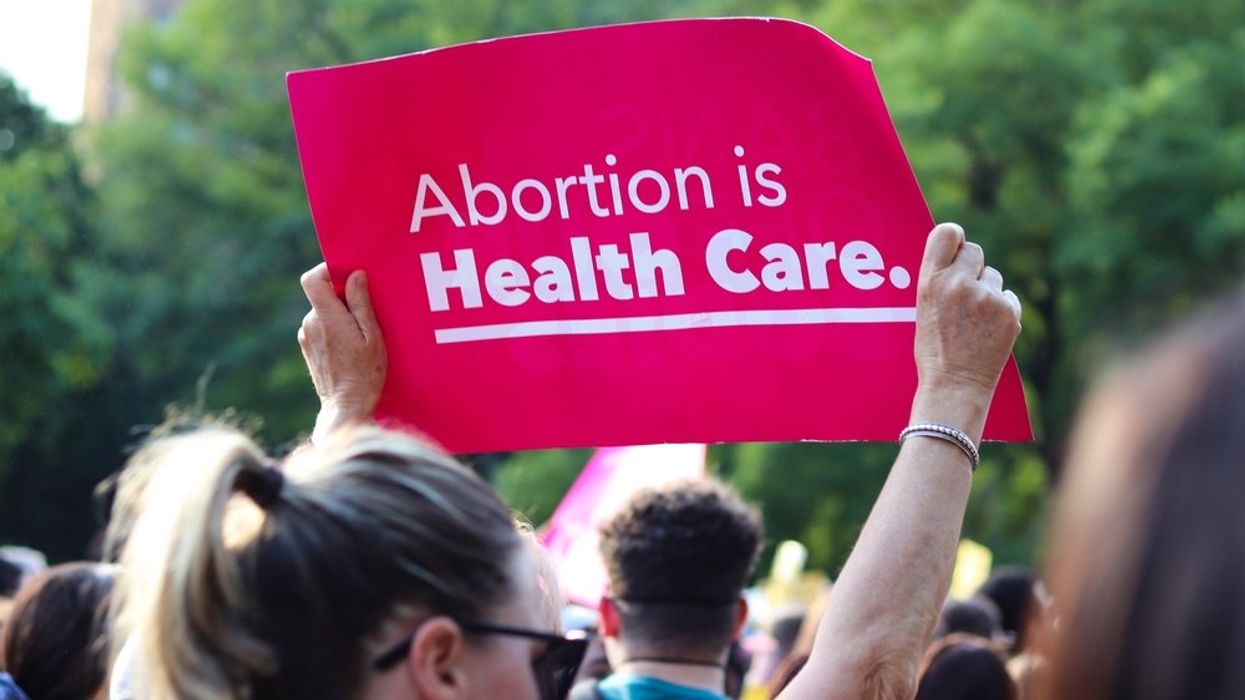More than six in 10 Americans support keeping the abortion pill mifepristone available as a prescription drug.
According to a new poll from Gallup, only 35 percent of Americans are opposed to abortion medication being available, in comparison to 63 percent in support. Across party lines, 86 percent of Democrats favor protecting access versus 41 percent of Republicans and 63 percent of Independents.
However, such stark divisions are not seen across genders or ages, as "women and men are about equally likely to support access to mifepristone," the report notes, "Support for access also varies little by age, as younger Americans are only slightly more likely than older Americans to favor making the drug available."
This is a large spike from 2000, when the Food and Drug Administration first approved the use of the pill. At the time, only 50 percent of Americans supported the decision, with 44 percent opposed. Earlier that year, support was even lower at 39 percent, with 47 percent in opposition.
In April of 2023, a Texas judge reversed the FDA's approval of mifepristone, sending the case to the Supreme Court. American faith in the Supreme Court is notably low, as a poll from KFF found only 37 percent of adults trust the nation's most powerful court “a lot” or even “somewhat” to make the right decision on reproductive and sexual health.
Confidence in the FDA is notably much higher than in the Supreme Court, with 65 percent of Americans saying they have “a lot” or “some” trust in the organization.
The Gallup report directly cites the Texas judge's decision as a reason behind the spike in support of the drug, in tandem with other anti-abortion efforts. Support for the medication is also "similar to the level of support in favor of legal abortions in the first trimester, as well as opposition to bans on abortions once a fetal heartbeat is detected."
"Support for making mifepristone available coincides with elevated support for women’s access to reproductive health choices since the overturn of the landmark Roe v. Wade abortion decision," it reads. "These data also coincide with Americans identifying as pro-choice at a historically elevated rate, likely a reaction to the Dobbs decision."



















































